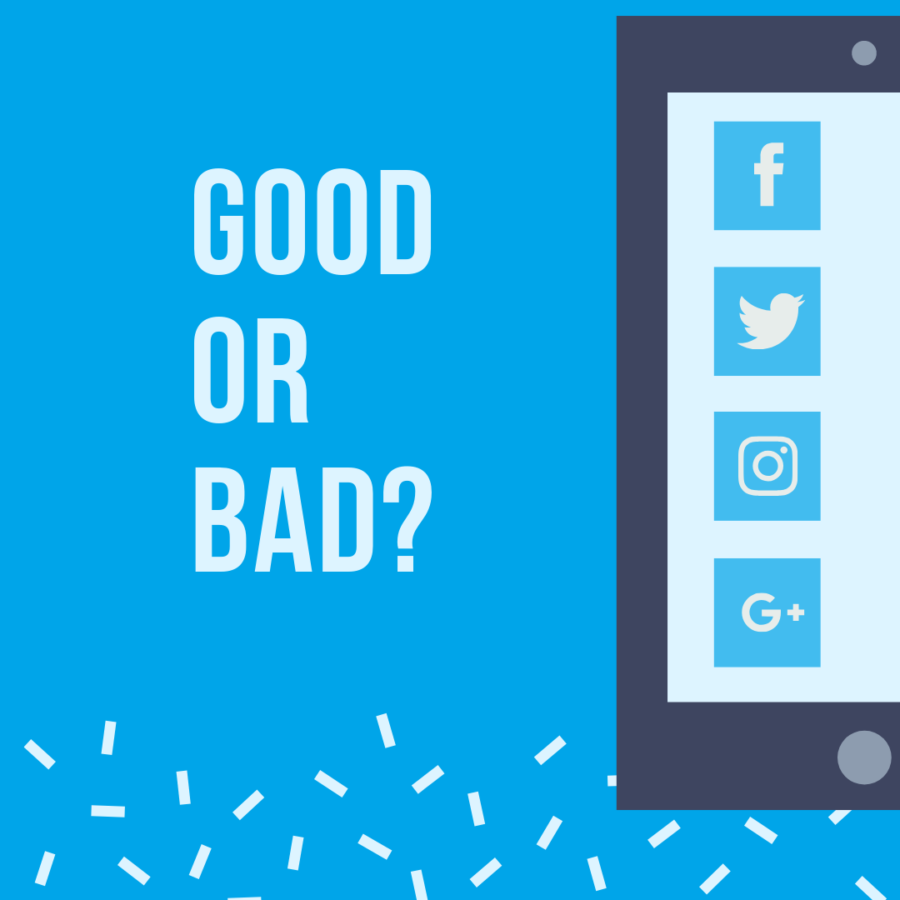i <3 internet
Internet has been critiqued since the moment of releasement
May 22, 2019
Satirical contents are quick to mock the dependency that our society has created on the idea of easy access to the Internet; however, the more we question, the more we realize if that mockery is even rational.
Teenagers are the first to be poked at for our so-called “dependency,” yet easy Internet access is not discouraged against any other age demographic besides teenagers.
Anyone can receive loads of information about subjects that they feel uncomfortable talking about with peers, parents, etc. Although there is a lot of incorrect information online, there are also reliable sites that offer a great deal of help, free of charge, about concerning matters such as health, depression, sexuality and identity. In a Pew Research study, it was demonstrated that people over 60 years old who spend most of their time online are more likely to be more mentally active and are less likely to suffer from depression.
According to that study, social networks can enable people of any age to make decisions about their health, once they have gathered enough relevant information. In a further survey from that same study, 42% said that they used social networks to find descriptions related to health services, 40% said that the information they got from social networks would help them to deal better with the effects of a chronic illness, while 45% said that depending on what they read on sites such as Facebook and Twitter, they might consider seeking a second opinion from another doctor.
The large number of courses available online, whether free or requiring payment, offer many possibilities for study to all kinds of people whether they can only study via distance learning or if the degree they want to study for does not exist where they live. In the last five years, the number of students taking online courses has shot up 96% due to the fast access the Internet provides.
The increasing demand for advancements holds more positions for people in that work field. The internet has created jobs and for each job created in the technology industry, five more are created in other branches, jobs that are needed to support an entire company. Crowdfunding platforms raised more than $2.7 billion in 2013, providing enough money for over one million campaigns created by ordinary people with big ideas. Some 95% of the companies in countries belonging to the Organisation for Economic Co-operation and Development (OECD) are present online, which increases their sales and improves the customer-seller relationship.
The Internet even gives a place for communication where it has never been. In the past 10 years, Skype has connected more than 300 million people with each other worldwide. Overall, these people have talked for around 2.6 million years with other people, regardless of the distance between them.
In the end, there aren’t exactly one million, but I would bet that almost anyone in the world can find their own reason why the Internet is good for us. We continue to mock the dependency, but, it gets to the point of embracing the dependency on an element that can make our lives faster and accurate.








